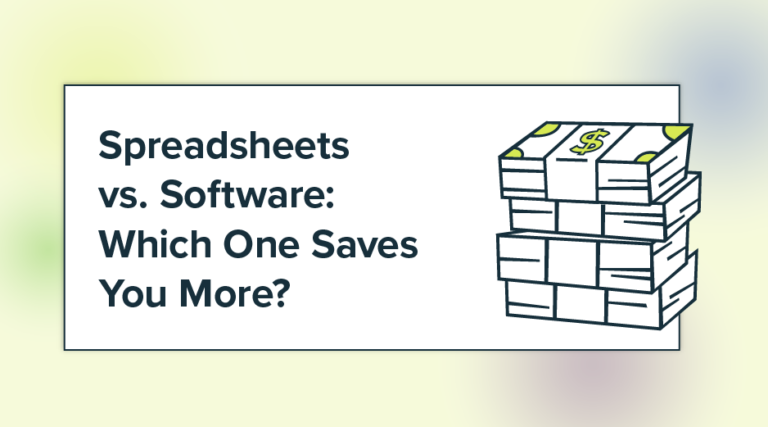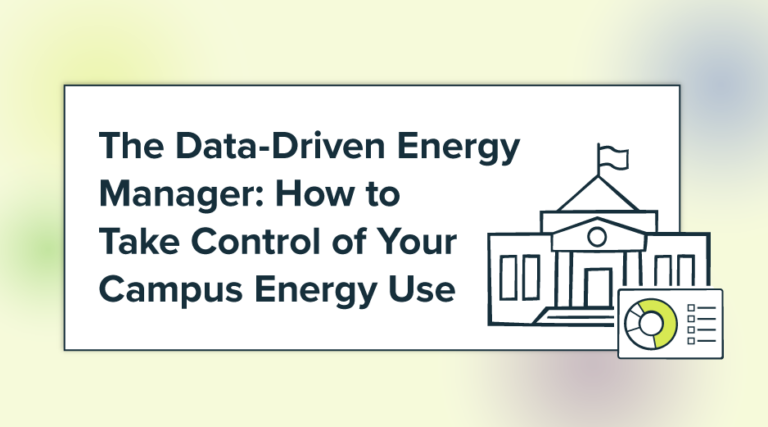 Big ideas often have small beginnings. Today’s blog is about one such beginning, and it has to do with energy and human rights.
Big ideas often have small beginnings. Today’s blog is about one such beginning, and it has to do with energy and human rights.
But we’ll start our story with a different kind of beginning—a meeting of rebels in Philadelphia, Pennsylvania, in the summer of 1776.
“We hold these truths to be self-evident, that all men are created equal, that they are endowed by their Creator with certain unalienable Rights, that among these are Life, Liberty and the pursuit of Happiness. —That to secure these rights, Governments are instituted among Men, deriving their just powers from the consent of the governed…”
Thus begins the second paragraph of what is arguably one of the greatest political documents ever penned, America’s Declaration of Independence.
{{cta(’98cb1d2c-2366-47a0-be7b-26baadd81efa’,’justifycenter’)}}
An Argument for Rights
Edited, debated, and signed by 56 framers who were putting their lives on the line to do so, the Declaration builds political premises on the basis of a framework of inalienable rights—possessions granted to mankind by God—that could or should never be taken away by force of law unless forfeited by crime.
So compelling were the arguments that they inspired the devotion of thousands, and the motivation for 13 small colonies of the then-greatest country on earth to rebel against Great Britain and establish the United States of America.
Fast-forward from 1776 to 1945 and the founding of the United Nations. Its Charter is rich with references to what are now called “human rights”—demonstrating the resilience of the ideas of the Declaration, and the country it had spawned; a country then the uncontested leading superpower in the world.
Poverty and Energy
Fast-forward once more, this time to 2005, and a much more modest document by a University professor from Australia. This one adopted and adapted the rights concept to address a profound societal problem—poverty—in a novel way. Here is what Adrian J. Bradbrook and co-author Judith G. Gardam wrote: “The conclusion that access to energy services is integral to overcoming poverty is nowadays widely accepted in the international community. However, to date this recognition has not assumed a legal dimension at the international level. It is timely to consider a well-developed legal regime that could be brought to bear on this problem, namely that of international human rights law.”
With the stroke of a pen, so to speak, Bradbrook and Gardam had formulated a new human right—the right to energy. This bold new idea, hatched in a U.N. forum, and raised in an international environment, has grown enough to capture minds and hearts all over the world. It has inspired political leaders, entrepreneurs, and humanitarians to ask the “What If?” questions that are the beginning of change. It has shined a light on dark corners of the earth where energy seldom dwells. And it has motivated great minds to do the kinds of things that can lead to great change.
Manoj Bhargava
Until last week, I had never heard the name of Manoj Bhargava. What I’ve learned has been fascinating. Bhargava, the billionaire founder of 5-Hour Energy, has pledged 99 percent of his considerable net worth to charity. He’s investing big in three areas, and one of them is the energy arena.
“Electricity is the greatest enabler there is,” Bhargava postulates in the film, Billions in Change. “And we’ve kept half the world out of it,” he continues. His Free Electric hybrid bicycle is one way he believes that can change that status quo.
The “right to energy” concept is inspiring other ideas and arenas as well, from solar power charities like the Solar Electric Light Fund to environmental and political activists.
It remains to be seen how powerful this new idea will become. But perhaps it’s worth thinking about.
{{cta(’76ff4c1d-da3b-4768-bbc4-836bb3dc6e9b’)}}
 Best-in-class portfolio-level energy and utility bill data management and reporting.
Best-in-class portfolio-level energy and utility bill data management and reporting.
 Real-time energy and sustainability analytics for high-performance, net-zero buildings.
Real-time energy and sustainability analytics for high-performance, net-zero buildings.
 A holistic view of financial-grade scope 1, 2, and 3 carbon emissions data across your entire business.
A holistic view of financial-grade scope 1, 2, and 3 carbon emissions data across your entire business.
 Energy and sustainability benchmarking compliance software designed for utilities.
Energy and sustainability benchmarking compliance software designed for utilities.
 Big ideas often have small beginnings. Today’s blog is about one such beginning, and it has to do with energy and human rights.
Big ideas often have small beginnings. Today’s blog is about one such beginning, and it has to do with energy and human rights. 

